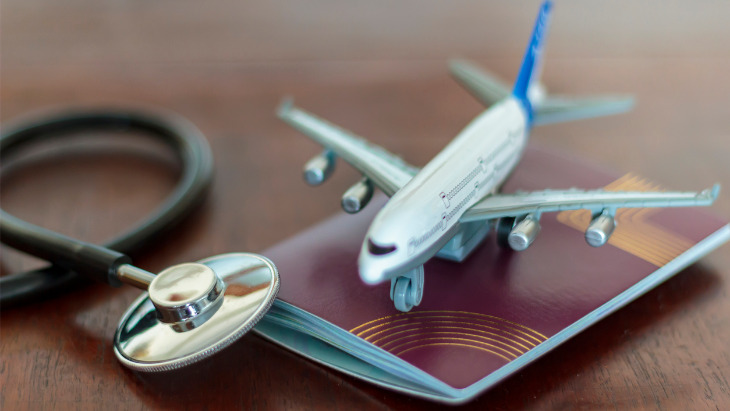Traveling for medical treatment, once considered a last resort, has now become a practical and often preferable choice for many patients around the world. As global healthcare continues to evolve, medical travel presents an attractive alternative to traditional care at home. From affordability and advanced medical options to personalized experiences and faster service, the benefits of traveling for treatment are both diverse and compelling.
Cost-Effective Healthcare Solutions
One of the most prominent advantages of seeking medical care abroad is the potential for substantial cost savings. In countries like the United States, the high cost of medical procedures can be a major burden, even for those with insurance. By contrast, nations such as India, Thailand, Mexico, and Turkey offer the same treatments at significantly lower prices. This is not due to lower quality, but rather differences in labor costs, administrative expenses, and government regulations.
For example, a knee replacement surgery that might cost $50,000 in the U.S. could be performed for as little as $10,000 in a country like Malaysia—often including travel and accommodation. This financial relief is especially appealing for uninsured patients or those facing high out-of-pocket expenses.
Access to High-Quality Medical Care
Many international hospitals are accredited by globally recognized institutions like the Joint Commission International (JCI), ensuring that standards of care are on par with, or even exceed, those in Western countries. These facilities often employ highly trained physicians, many of whom have been educated or trained abroad. Patients can expect clean, modern environments, state-of-the-art technology, and compassionate care throughout their stay.
Shorter Wait Times
In countries with public healthcare systems, patients often experience long delays for elective or non-emergency procedures. These delays can have negative impacts on health and quality of life. Traveling for treatment allows patients to bypass these queues and receive prompt care, helping them get back on their feet faster. The ability to choose one’s provider and schedule can be a major benefit for those seeking timely intervention.
Personalized and Holistic Recovery Options
Medical travel often includes access to recovery services that go beyond clinical care. Many facilities offer packages that include post-operative recovery in peaceful environments, ranging from seaside resorts to wellness retreats. This holistic approach supports mental and physical healing, reducing stress and aiding recovery. Patients can also benefit from one-on-one attention, which is often lacking in crowded healthcare systems.
A Wider Range of Treatment Options
Some treatments or procedures may not be available in a patient’s home country due to regulatory restrictions or lack of specialization. Traveling for care opens the door to a broader range of medical options, including cutting-edge technologies, experimental therapies, and traditional medicine alternatives. This can be life-changing for patients with rare conditions or those seeking innovative treatments.
Conclusion
From significant cost reductions to personalized care and faster service, traveling for medical treatment offers a wealth of advantages. With proper research, planning, and support, patients can access high-quality healthcare tailored to their needs—often while experiencing a new culture or environment. For many, it’s more than a journey for treatment; it’s a path to better health and renewed hope.









